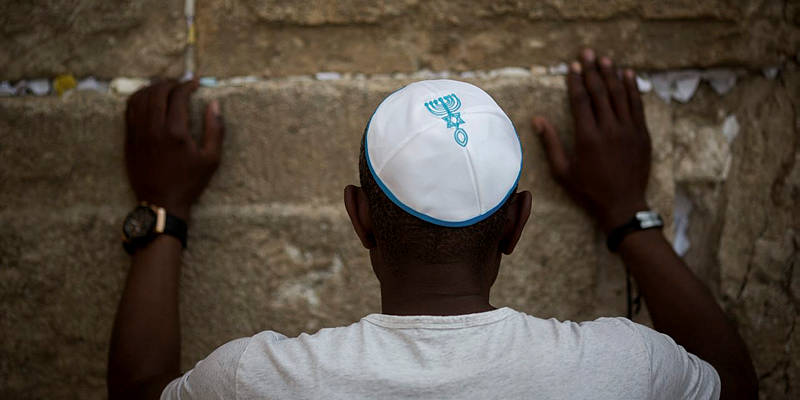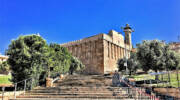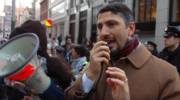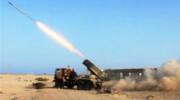
By Rabbi Ari Enkin, Rabbinic Director, United with Israel
This week’s Torah portion is Nitzavim (Deuteronomy 29:9-30:20), and it is always read on the Shabbat before Rosh Hashana.
Indeed, there may be no more appropriate Torah portion to read right before Rosh Hashana.
As it says in the reading:
“For this mitzvah (commandment) that I am giving you today is not too wondrous for you, it is not too distant. It is not in Heaven that you should say, ‘Who shall go up to Heaven and bring it to us so that we can hear it and keep it?’ It is not over the sea so that you should say ‘Who will cross the sea and get it for us, so that we will be able to hear it and keep it?’ It is something that is very close to you. It is in your mouth and in your heart, so that you can keep it.” [Deut 30:11-14]
There is a difference of opinion among the commentators as to which mitzvah is being referred to in the opening of this passage. However, there is a predominant view that “this mitzvah” is referring to the mitzvah of “repentance.” To repent, to return to God, is the mitzvah which is “very close” to each and every one of us. It is also a mitzvah that requires the “mouth” and the “heart.”
A person should never think that he or she is lost to God. One should never despair that a certain behavior or lifestyle has made rapprochement impossible. There is no such thing. As the Torah says, you don’t have to climb to Heaven…merely some effort of the heart and the mouth will allow one to attain true Repentance. You don’t need matzah [unleavened bread for Passover], you don’t need a lulav [palm branch], you don’t need a mezuzah [passages from the Torah written on parchment by a Torah scribe], you don’t any props. To return to God requires only one’s heart and mouth.
Nobody Else Can Do It For You
The Talmud tells the story of a certain Eleazar ben Durdaya, who would regularly visit a woman of ill repute. When the woman told Eleazar ben Durdaya that he would never be able to repent, he pleaded that “Heaven and Earth request mercy for me.” As the story goes, Heaven and Earth responded that they could not help him. He then invoked the aid of the stars, and was given the same response. Then the sea, and ditto. The Talmud says that he then put his head between his knees and died as a result of intense remorse and repentance.
Why do we have to know that he placed his head between his knees?
Our sages tell us that it was a sign the Eleazar ben Durdaya realized that repentance was dependent on himself alone. It is something that no one and nothing can help a person achieve. It is the one-on-one mitzvah with God.
This may be why the Torah portion of Nitzavim is always read before Rosh Hashana. It’s the “get ready, get set…” prep talk in advance of the day of judgement. Let us take responsibility and an accounting for our actions and recognize that it’s never too late to return to God. The ability to do so rests within ourselves.
For more insights by Rabbi Ari Enkin on the Nitzavim Torah reading, click on the links below.
https://unitedwithisrael.org/never-give-up-hope-you-are-still-standing/
https://unitedwithisrael.org/living-torah-like-the-heavens-and-the-earth/
https://unitedwithisrael.org/all-equal-before-god/
https://unitedwithisrael.org/returning-to-the-land-of-israel/

Do You Love Israel? Make a Donation - Show Your Support!
Donate to vital charities that help protect Israeli citizens and inspire millions around the world to support Israel too!
Now more than ever, Israel needs your help to fight and win the war -- including on the battlefield of public opinion.
Antisemitism, anti-Israel bias and boycotts are out of control. Israel's enemies are inciting terror and violence against innocent Israelis and Jews around the world. Help us fight back!























